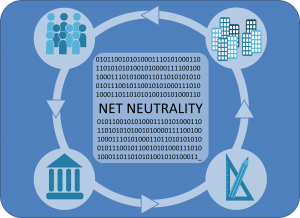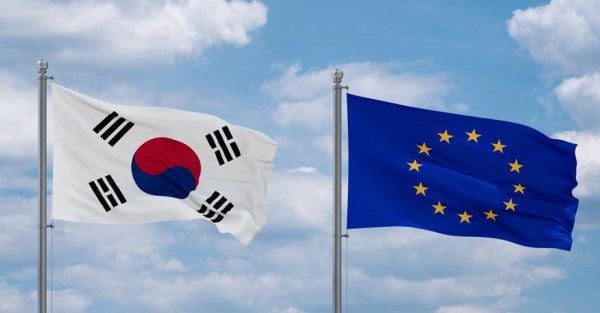 Gonzalo López-Barajas/ @Gonzalo_LB
Gonzalo López-Barajas/ @Gonzalo_LB
Public Policy Manager, Telefónica.
 The multi-stakeholder approach is to the best solution for dealing with Internet Governance related issues. Having all stakeholders involved –civil society, education/technical community, governments and private sector– in Internet related problem solving has its merits and the global community acknowledges it.
The multi-stakeholder approach is to the best solution for dealing with Internet Governance related issues. Having all stakeholders involved –civil society, education/technical community, governments and private sector– in Internet related problem solving has its merits and the global community acknowledges it.
Astonishing, defendants of such multi-stakeholder processes for the Internet dramatically change their open approach when considering network access. They find applying old-style, heavy-handed, government-defined ex-ante regulation is the only way to deal with it. Undoubtedly, network access is also an element of the Internet. Being so, why is the multi-stakeholder approach not applied to find solutions for Net Neutrality?
The British Broadband Stakeholder Group (BSG) is an example of an open approach to deal with once granted to be a government’s duty only: resolve key policy, regulatory and commercial issues in the broadband value-chain. BSG serves as he UK government’s leading advisory group on broadband, and provides a neutral forum for organisations across the converging broadband value-chain to discuss n next generation broadband issues. The BSG’s diverse network includes telecoms operators, manufacturers, investors, ISPs, mobile network operators, broadcasters, new media companies, content producers and rights holders, as well as central and local government, devolved administrations, Ofcom, and the Communications Consumer Panel.
The BSG has released The Open Internet Code, a voluntary Code of Practice in support of the Open Internet and the general principle that legal content, applications and services, or categories thereof should not be blocked.The Code supports the provision of clear and transparent traffic management policies –as outlined in the Voluntary Code on Traffic Management Transparency– , which will not be deployed in a manner that targets and degrades the content or application of specific providers.
All of the UK’s leading Internet Service Providers (ISPs), operating across both fixed and mobile networks, have now signed up The Open Internet Code: EE, BE, BT, BSkyB,EE, KCOM, giffgaff, O2, Plusnet, TalkTalk, Tesco Mobile, Three, Virgin Media and Vodafone. The ISPs’ commitment to the Code is “effective self-regulatory model” –as described by the UK Regulator Ofcom in the Infrastructure Report 2014– playing a key role in the UK Government policy on Net Neutrality.
Such statement is a clear evidence strong rules are not needed to safeguard an Open Internet, and that broad community agreement through a Voluntary Code of Conduct or high level principles are an efficient approach to deal with Net Neutrality. In fact, the UK case is not unique across Europe: Nordic countries have been successfully using a multi-stakeholder based model for more than five years, and no net neutrality violations have been noted.
In Denmark, a group of various stakeholders including telecom and internet service providers together with consumer representatives and other interested parties have established a net neutrality forum (NEF) where issues related to net neutrality are discussed. NEF, through a general consensus among all its participants, has developed a set of principles on net neutrality leading to a situation where a regulation on net neutrality is not expected neither requested in the Danish market.
The Norwegian model is a similar one: the Communications Authority –NKOM– and the Internet industry have jointly formulated guidelines for net neutrality. These describe overall principles for how net neutrality shall be practised by the players. This approach can be described as a co-regulatory approach: a form of self-regulation under the active leadership of the regulator. It has functioned well and has thus far made it unnecessary to establish statutory net neutrality.
The scene is set: there are several European cases where multi-stakeholder based solutions are functioning well. A determined push by multi-stakeholder Internet Governance approach defendants to coherently apply such model for Net Neutrality should do the rest to preserve an Open Internet across Europe.












